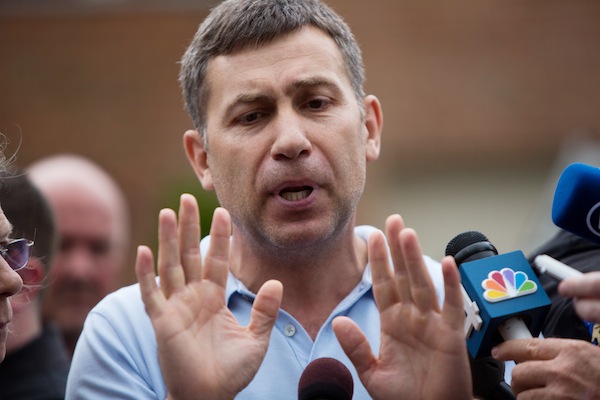Reports that two young Chechen men, Dzokhar Tsarnaev and Tamerlan Tsarnaev, were responsible for Monday’s bombings in Boston and the subsequent murder of an MIT campus police officer have probably left many Americans more than a little confused. Most Americans may vaguely remember the Chechen wars of the 1990s and early 2000s, but most also have little or no familiarity with the North Caucasus or its peoples. More than most other parts of the world, Chechnya is just a name to most people in the US, and this gap in knowledge is liable to be filled with misinformation and half-truths.
Since spectacular terrorist attacks have happened in the last twelve years, Americans have come to expect organised jihadist groups to be the culprits. Attacks by a pair of disaffected young men with no apparent connections to a terrorist organisation don’t fit common preconceptions of what such attacks are ‘supposed’ to be. While the Tsarnaevs are ethnically Chechen and have reportedly been interested in consuming jihadist propaganda online, they were apparently acting on their own. That fortunately makes the marathon bombings an isolated incident instead of the start of a series of attacks, but it also makes the attack harder to understand as anything other than slaughtering innocents for its own sake. The brothers may have supported Chechen independence, but attacking random spectators at marathon in the US would do nothing but make Americans of all political leanings less sympathetic to that cause. While the bombings were terrorism by any reasonable definition, what the Tsarnaevs hoped to accomplish beyond mayhem and inflicting suffering remains elusive.
Even though the Tsarnaevs appear to be the only ones responsible for this week’s outrages, there will be temptations to use their attacks to muddle the debate over immigration legislation, to argue that the US should be more doing more to cooperate with Russia, and also to show that Russia is to ‘blame’. Giving in to any of these temptations would be serious mistakes. Whatever one’s views on the passage of new immigration legislation, the case of the Tsarnaevs should make no difference. The two brothers were living legally in the United States for most of the last decade, so there don’t be appear to be any connections with the current immigration debate. To the extent that this is a story about immigration at all, it appears to be one of failed integration. The attacks in Boston have nothing to do with the debate over cooperating or not cooperating with Russia on international issues. Closer cooperation with Russia in recent years wouldn’t have averted the bombings, which no one could have anticipated. The Boston bombings certainly don’t ‘vindicate‘ Putin, but neither can we seriously blame the Russian government for the actions of men that left the Caucasus a decade ago.






Comments